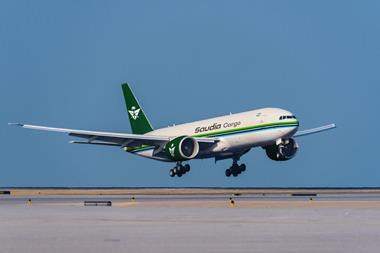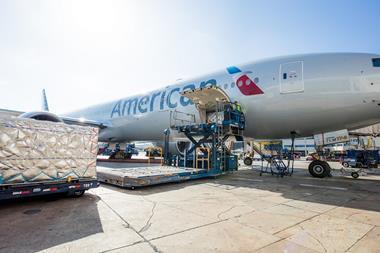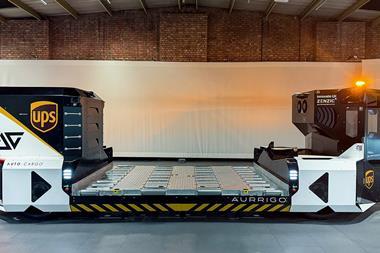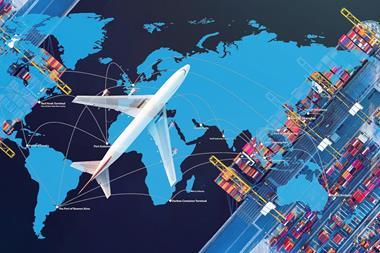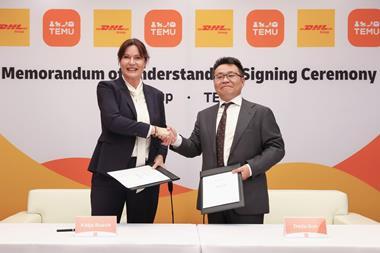Global freight transport is “the definition of volatility”, but the ground logistics sector is “undergoing change that far exceeds the norms of regular market fluctuation”.
That is the main finding of a special report produced by DHL Supply Chain, The Logistics Transport Evolution: The Road Ahead.
The evolution in the transport sector is being driven by trends such as the rapid growth of e-commerce, the continued urbanisation of markets and rapidly developing technologies such as big data analytics and digitalisation, the report found.
Other drivers for change include the fact that advanced technologies and service options are changing the way shippers and third-party logistics companies (3PLs) manage their global transport flows and that service expectations, new markets and new ground transportation solutions have all expanded as a result.
The report further revealed that, in many cases, ground transportation is moving beyond its traditional role as simply a commodity towards becoming a “business differentiator”.
Shippers now need a lot more from their 3PLs in order to compete, it suggested. “Shippers’ expectations are likely to migrate upward toward higher value-added services that include greater visibility, streamlined reporting and real-time issue resolution, optimisation, last-mile solutions and so on,” it said.
Javier Bilbao, Global transport lead and chief executive Latin America for DHL Supply Chain, commented: “Transport is undoubtedly a critical aspect of the global business environment, and these findings indicate that companies across sectors and markets are now recognising its strategic value.
“We undertook this study to gain an insight into exactly what companies expect from their transportation service providers, both today and tomorrow.
“Our research has shown us that customers are increasingly looking for complete solutions with a global reach as they have the capability to solve a wide range of transportation issues and requirements.”
Global shifts in the business environment were identified as disrupting the ground transportation landscape. In particular, the exponential growth of e-commerce and its implications on service was identified as likely to have a significant impact on the supply chain going forward.
Bilbao remarked: “Echoing the findings of our digitalisation research, technology will be central to navigating this new era for ground transportation.
“The capability of AI [artificial intelligence] and data analytics to manage the order profile and shipping patterns of customers’ increasingly complex and demanding operating models while optimising cost and service, means that they are now viewed as essential services, rather than added benefits.”
Although these changing dynamics are being witnessed across different regions of the globe, variations can also be identified depending on the maturity of individual markets and the demands placed on shippers from their consumer base.
In Latin America, for example, the priority consideration in selecting a ground transportation provider is on-time delivery, while in Europe, where the market is more mature, optimisation of networks appears to be the key focus for shippers.
Broader societal factors were also highlighted as presenting challenges, such as urbanisation.
Read more cargo e-commerce logistics news





